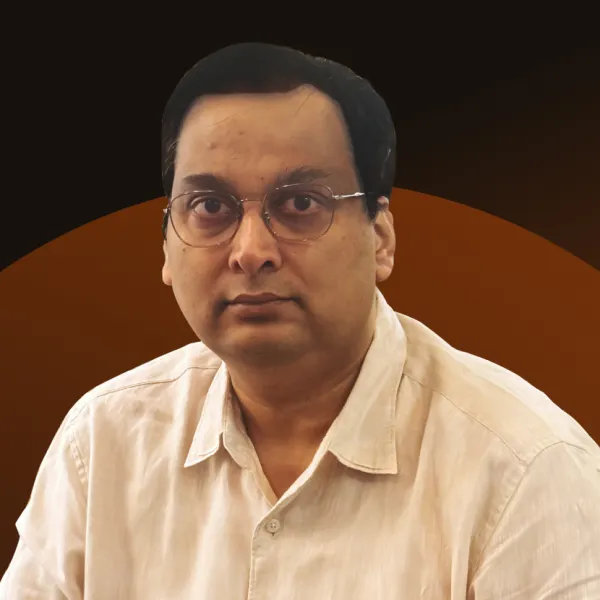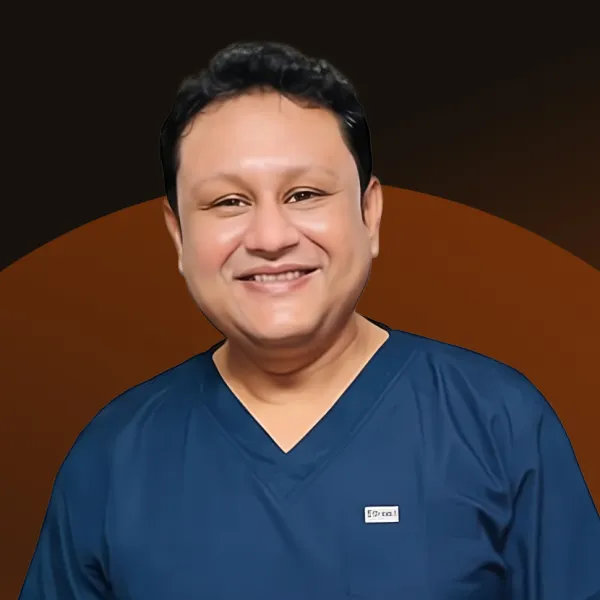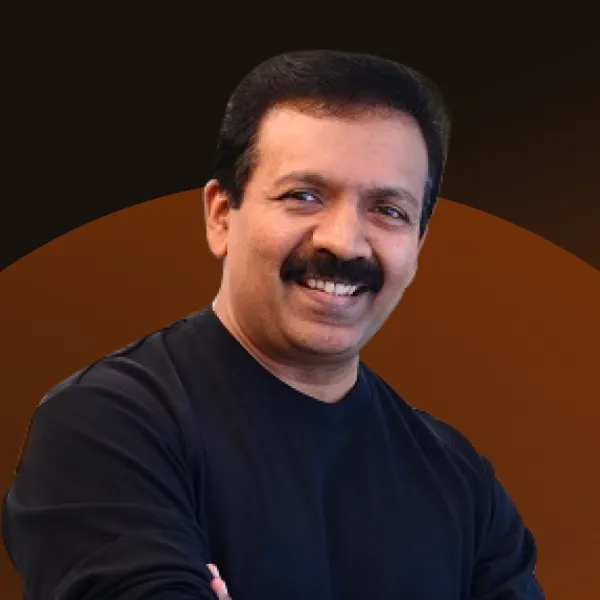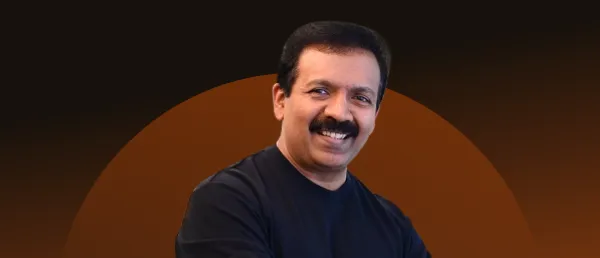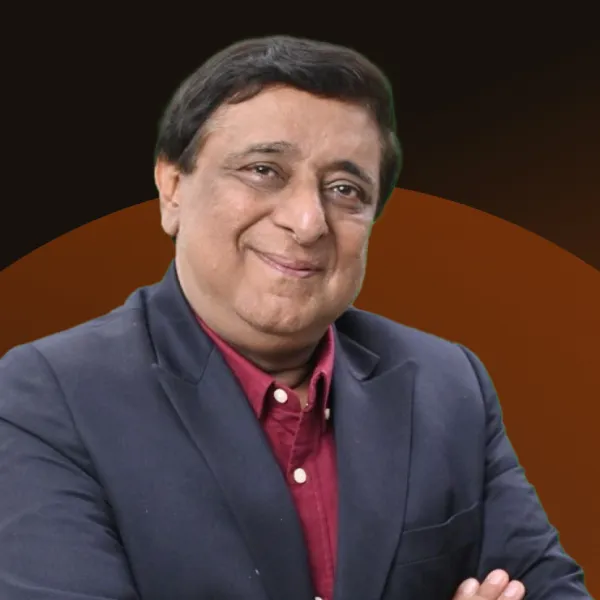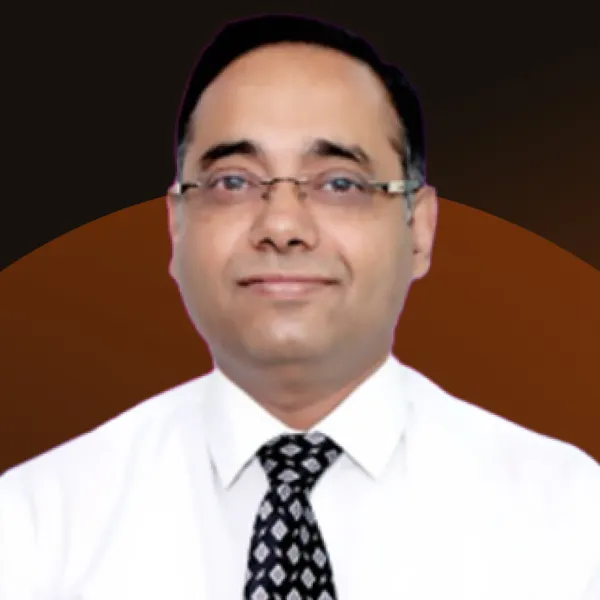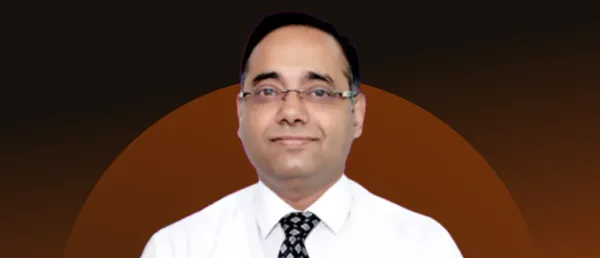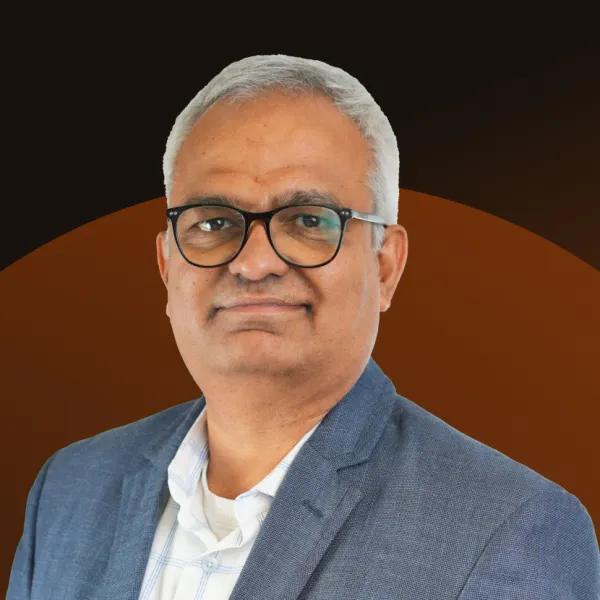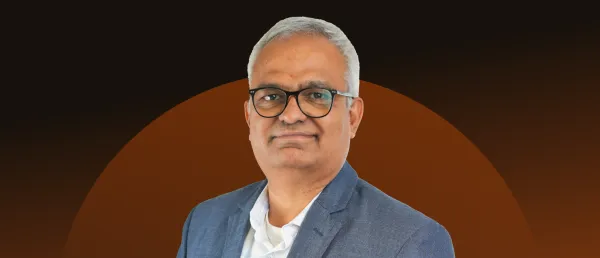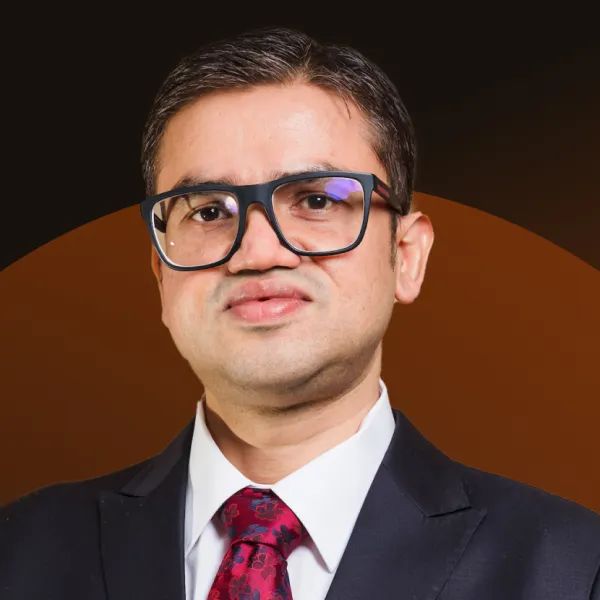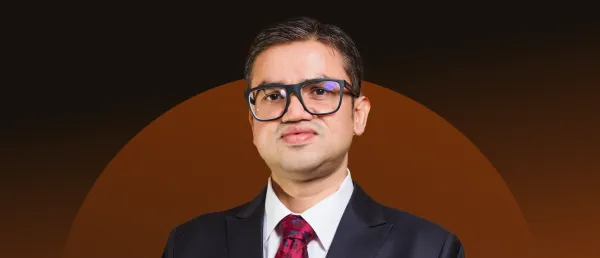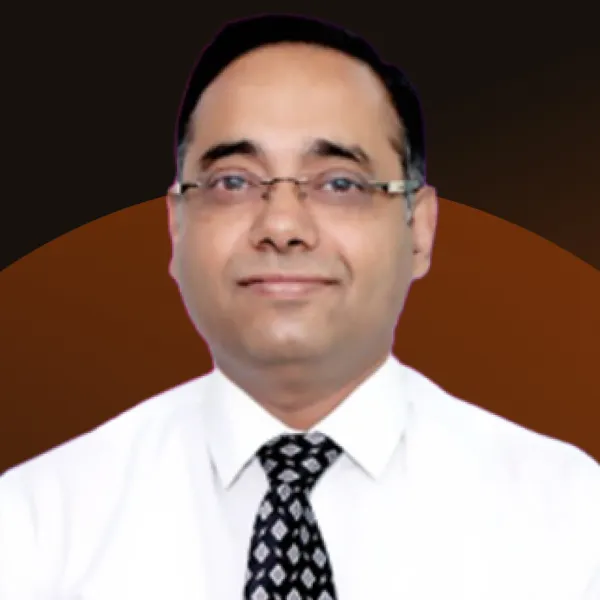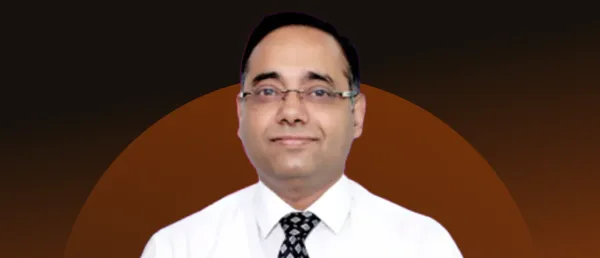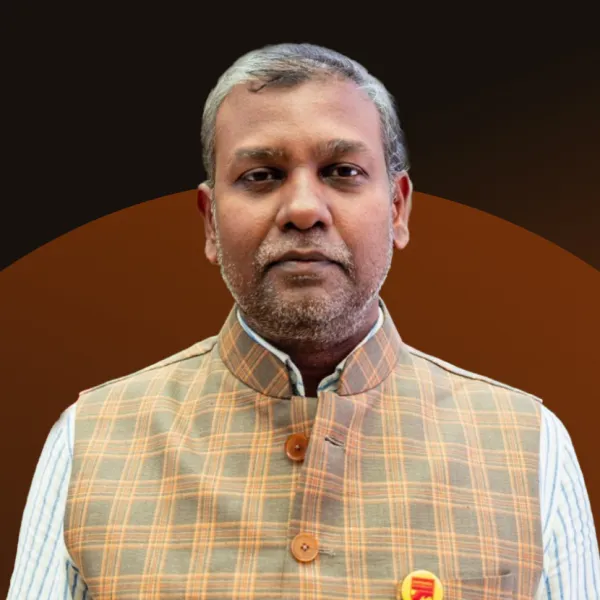Technology as a Force Multiplier for Equitable Healthcare: A Call to Action on World Health Day
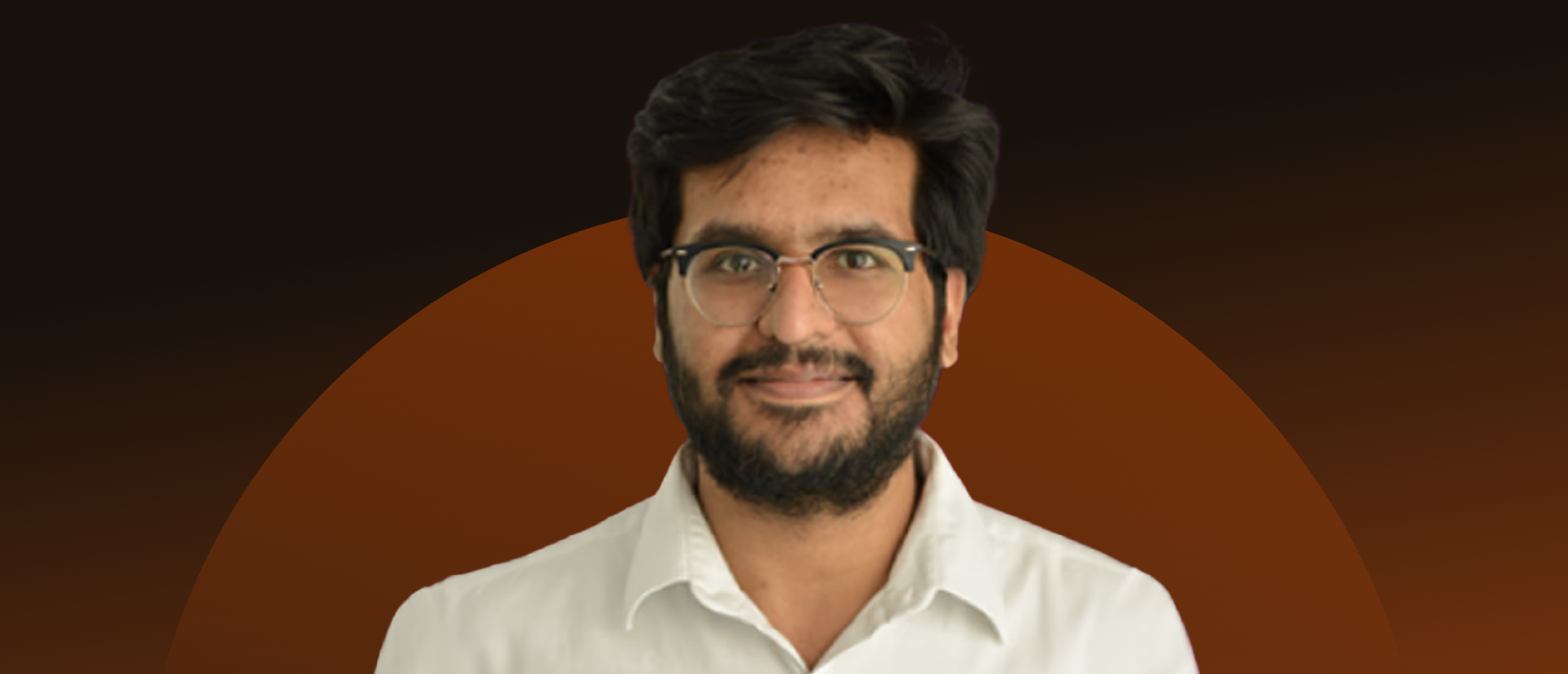
World Health Day, observed annually on April 7th, serves as a reminder of the collective efforts towards global health awareness. This year's theme, 'My Health, My Right,' emphasizes the universal entitlement to quality healthcare, education, and information. Reflecting on establishing the World Health Organization (WHO) on April 7, 1948, amidst post-World War II reconstruction, highlights its ongoing significance in addressing international health challenges. WHO's formation consolidated various health organizations and welcomed India's membership, broadening its global reach.
As the world observes World Health Day, Gaurav Parchani, CTO & cofounder of Dozee, sheds light on the critical role of technology in healthcare. In his analysis, Parchani explores how advancements in technology can address disparities in healthcare delivery, setting the stage for a more inclusive and accessible future.
Start: As the world commemorates World Health Day under the theme 'My Health, My Right,' the spotlight is once again cast on the fundamental importance of access to quality healthcare. In an era where technology has the potential to revolutionize healthcare delivery, it's crucial to underscore that healthcare is not a privilege but a fundamental human right. This year's theme resonates deeply as it emphasizes the need to ensure that every individual has unimpeded access to healthcare, without discrimination or barriers.
India, poised on the brink of becoming one of the world's largest economies, faces a critical juncture in its journey. Amidst the strides towards economic growth, addressing the issue of equitable healthcare has never been more urgent. The gaping disparities in healthcare access and quality demand collective action to bridge these divides.
Technology serves as a force multiplier in healthcare, enabling providers to scale their capabilities and maintain quality care. Without technology, skilled healthcare providers can offer good care on an individual level, but the limitations of the current system become apparent and worsen over time. However, technology addresses these challenges by facilitating scalability. It acts as a force multiplier when integrated with existing processes, enhancing the ability to deliver quality healthcare on a large scale, differentiating between serving a thousand patients and catering to a million.
In recent years, AI-powered indigenous solutions have emerged as formidable allies in tackling the challenges of accessibility and quality in healthcare. Innovations such as remote patient monitoring and hyper-personalization are revolutionizing healthcare delivery by breaking down barriers to care and easing the burden on healthcare professionals.
The integration of AI-powered continuous patient monitoring and early warning scores heralds a new era for patient safety in India, aiming to establish a global benchmark. These groundbreaking solutions empower individuals to receive timely and tailored care and equip healthcare providers with invaluable insights to enhance outcomes.
As India embarks on the journey towards digitization and democratization of care, the current decade holds immense promise for transforming the nation's health landscape. By leveraging innovation and fostering collaboration, we can strive towards a future where every individual, regardless of their background or socio-economic status, can aspire to lead a healthier and more fulfilling life.
On this World Health Day, let us reaffirm our commitment to building a future where healthcare is unequivocally recognized as a right for all, rather than a privilege reserved for a fortunate few. Together, let us embrace the transformative power of AI to usher in a new era of equitable healthcare for generations to come.
Disclaimer: The information and insights in this article are purely provided by the author, and DHN doesn’t take responsibility for the authenticity of the mentioned facts.
Stay tuned for more such updates on Digital Health News







